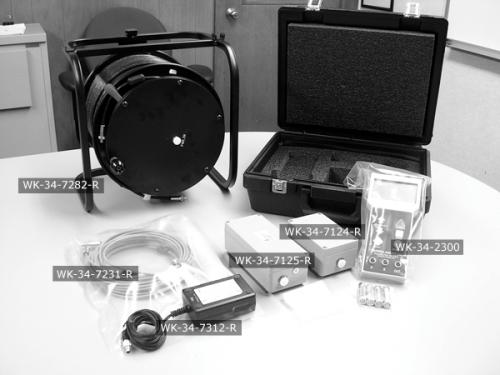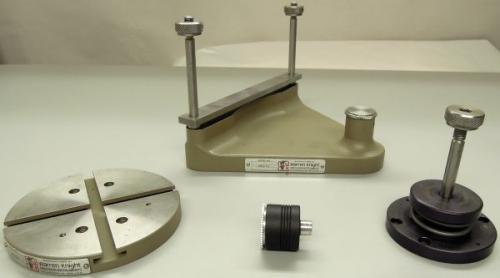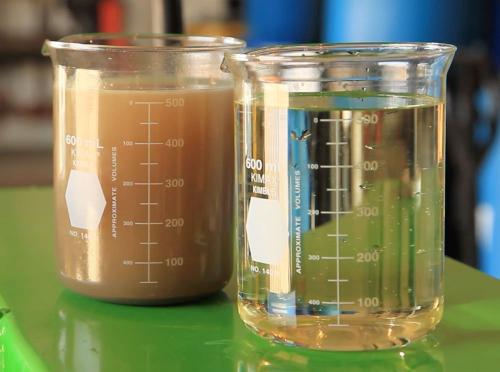Tools of The Trade for Surveyors and Civil Engineers


When
surveying a property for a construction project, precision measurement is
paramount. From laying out construction sites to mapping land boundaries, every
measurement counts. Achieving accuracy requires not only skill but also the
right tools. In this guide, we'll delve into the arsenal of equipment wielded
by surveyors, general contractors, and civil engineers, emphasizing the
importance of calibration and accuracy.
Measuring
Instruments for Land Surveying
At
the heart of every surveyor's toolkit lies an array of measuring instruments
designed to capture precise data. Among these measuring instruments for land
surveying, the theodolite stands out as a quintessential tool. This optical measuring instrument
determines horizontal and vertical angles with remarkable accuracy, making it
indispensable for tasks such as triangulation and setting out precise
alignments.
Total
stations, the modern successor to traditional theodolites, integrates
electronic distance measurement with angle measurement, streamlining the
surveying process. These all-in-one devices facilitate data collection by
combining angles and distances, enhancing efficiency on the field.
Tall
Survey Tripod: A Sturdy Foundation
Supporting
these precision instruments is the tall survey tripod, a
stalwart companion for any surveyor or engineer. Crafted from durable materials
like aluminum or fiberglass, these tripods provide a stable platform for
mounting theodolites or total stations. Their adjustable legs ensure stability
on uneven terrain, crucial for maintaining accuracy in challenging
environments.
Various
Levels: Balancing Precision
Levels
come in various forms, each serving a specific purpose in the quest for
accuracy. The spirit level, for instance, ensures horizontal alignment,
essential for establishing straight lines and even surfaces. Laser levels, on
the other hand, utilize laser beams to project precise horizontal or vertical
lines over long distances, aiding in tasks like grading and alignment.
Compasses:
Guiding the Way
While
modern technology has largely replaced traditional compasses, these
navigational tools still hold relevance in certain applications. Magnetic
compasses provide a simple yet effective means of determining direction, aiding
in orientation and preliminary site surveys.
Equipment
Mounts: Securing Precision
Ensuring
stability and precision during measurements requires reliable equipment mounts.
Whether mounting prisms for reflector less measurements or securing GPS
receivers, these mounts play a crucial role in maintaining the integrity of
data collection. Adjustable and durable, they provide a secure platform for
various instruments, minimizing errors caused by movement or vibration.
The
Importance of Accuracy and Calibration
For
surveying and engineering professionals, precision is not just a goal but a
necessity. The slightest error in measurement can have significant
repercussions, leading to costly rework or compromised structural integrity. To
mitigate such risks, regular calibration
of measuring instruments is essential.
Calibration
ensures that instruments remain accurate and reliable, providing confidence in
the data they yield. Manufacturers of precision
measuring instruments offer calibration services tailored to
specific instruments, verifying their performance against established
standards. By adhering to rigorous calibration protocols, surveyors and
engineers can uphold the highest standards of accuracy in their work.
In
the hands of surveyors, general contractors, and civil engineers, measuring
instruments are more than mere tools—they are the pillars upon which precision
and accuracy rest. From theodolites to total stations, each instrument serves a
unique purpose in the pursuit of reliable data. Supported by sturdy tripods,
guided by surveyor compasses,
and secured by equipment mounts, these instruments empower professionals to
navigate complex landscapes with confidence.
Yet,
amidst the sophistication of modern technology, the importance of calibration
remains paramount. By ensuring that measuring instruments are finely tuned and
accurate, surveyors and engineers uphold the integrity of their work,
safeguarding against errors and ensuring the success of every project.
In
the ever-evolving field of surveying and engineering, precision is not just a
virtue—it's a necessity. And with the right tools and a commitment to accuracy,
professionals can chart a course towards excellence, one measurement at a time.









Comments